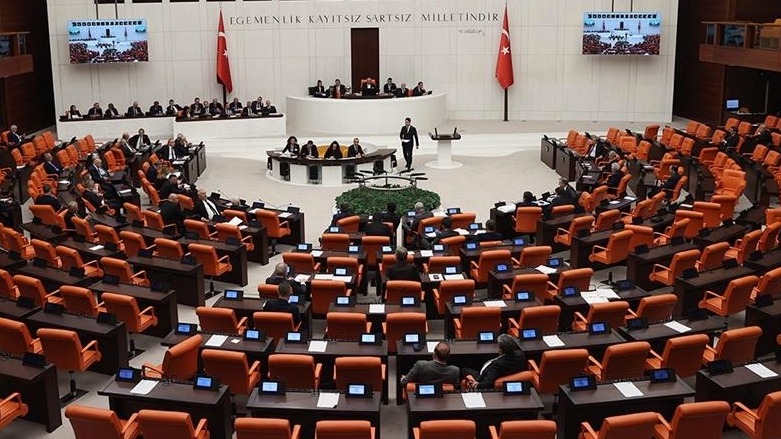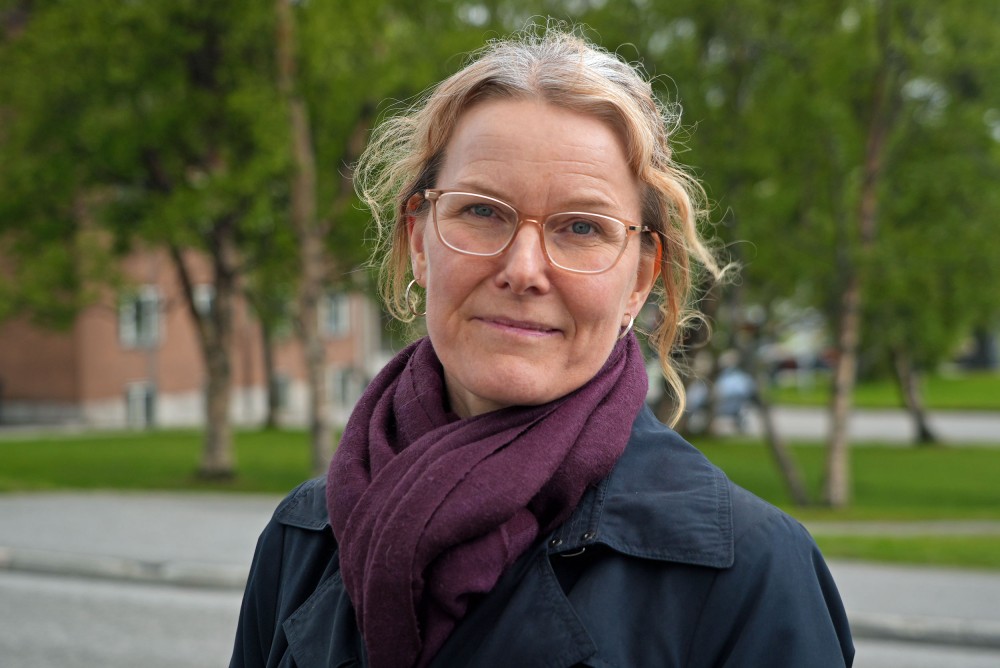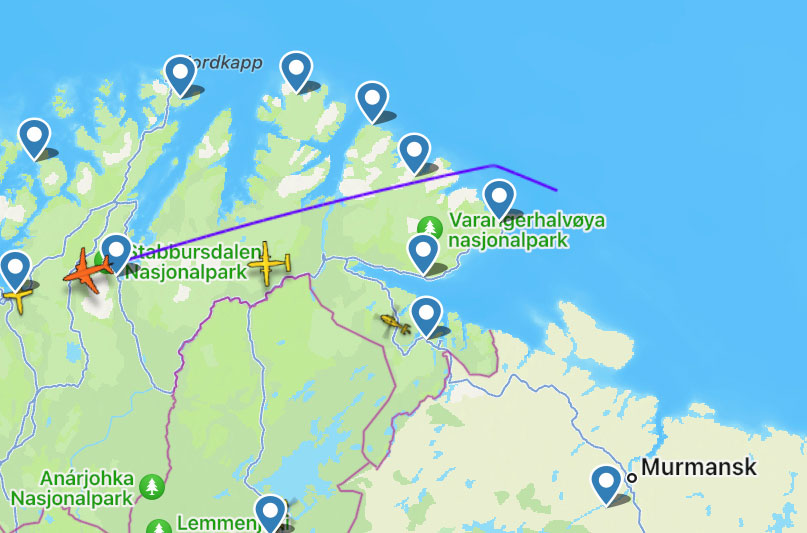Providing access to housing, debt, and benefit advice within food banks could help lift people out of poverty - according to a University of East Anglia study.
Researchers worked with Norwich Foodbank centres, part of the Trussell Trust, on a pilot project that saw representatives from Citizens Advice and Shelter posted within the service.
The ‘Making a Difference’ initiative meant that people forced to use a food bank were also able to access advice on a range of issues - from housing and debt to benefits.
It is now hoped that this scheme will be rolled out to foodbanks nationally.
Lead researcher Dr Sarah Hanson, from UEA’s School of Health Sciences, said: “As the cost-of-living crisis continues, more and more people are turning to food banks because they simply can’t afford to eat.
“This might be because they have had an acute change in circumstances, are on a low income, in debt, or because their benefits have either changed or been delayed.
“We wanted to see whether making more support available to people at food banks would help - so that they would no longer need to rely on emergency food.
“We know that signposting, for example giving information about other local organisations, is not enough. This is because people’s issues are complex and need a more holistic approach.”
The Norwich Foodbank has supported 11,797 people in the last year. This has shot up from 8,905 people in 2015.
The ‘Making a Difference’ project is a pilot advisory scheme in the region with staff from Shelter and Citizen’s Advice posted within some of its food banks.
The UEA team interviewed food bank volunteers and advice workers, to provide lived experience feedback on the scheme.
Dr Hanson said: “One of the main things that emerged was that having a person-centred, holistic, and compassionate approach is essential for clients with complex needs that cut across many different services.
“It can be very difficult for people to navigate the benefit system, the housing system, social services – you need a joined-up approach with advisers that can help on a number of levels.
“A lot of people are missing out on benefits such as Healthy Start vouchers and pension credit - because they don’t realise that they are entitled to them.
“Many people visiting food banks have poor mental or physical health, as well as personal trauma. Having advisers available at the point of need means that people don’t have to tell their stories multiple times to different organisations.
“We found that the service is reaching very vulnerable people who fall through the gaps, in the heart of really deprived communities. These people may have previously found advice services inaccessible, and they are too often socially excluded from opportunities and services that could support them.
“Importantly, the initiative is empowering clients by treating them with dignity and sensitivity in often distressing circumstances,” she added.
But while the scheme is helping food bank clients, the researchers found that frontline staff may need some help themselves.
Dr Hanson said: “We heard that being on the frontline can impact mental health. It is therefore important that anyone who is listening to and supporting people in crisis in a very challenging landscape, should have access to support themselves.”
Rhiannon Barrow, Trussell Trust financial inclusion manager for the East of England, said: “The partnership between UEA and Norwich Foodbank was one of the first collaborations between a university and a Trussell Trust Foodbank.
“The evaluation of the ‘Making a Difference’ project demonstrates the effectiveness of working in partnership with organisations so individuals are supported holistically and don’t have to be retraumatised by repeating their stories.
“The evaluation also enabled reflection and a space to discuss continuous improvement to enable Norwich Foodbank to better serve their community and support staff and volunteers, which they always strive to do.”
Hannah Worsley, Norwich Foodbank project manager, said: “We were delighted to work with the UEA research team to independently evaluate and understand our project, in terms of what we expected the outcomes to be and what some actual outcomes were.
“The interviews with our volunteers, and Citizen's Advice and Shelter advisors’ insights, along with the research provided by UEA, gave us a thorough and better understanding of what this work is currently achieving for those we serve and, most importantly, how we can improve the service for our clients.”
Nidhi Mittal, pathfinder lead at the Trussell Trust, said: “The UEA study, funded via the Trussell Trust Pathfinder programme, is an innovative piece of work that provides valuable insights into the impact that financial inclusion services embedded within a holistic model of support can have on reducing the need for emergency food parcels.
“The Pathfinder programme at Trussell Trust aims to support innovation and learning on how we can address underlying causes of poverty in the UK, and this study led by UEA offers some excellent testimony for the work of Norwich foodbank and a base of valuable learning and knowledge for our wider foodbank network and partners.”
‘A qualitative exploration of a Financial Inclusion service in an English foodbank’ is published in the journal Perspectives In Public Health.
JOURNAL
Perspectives in Public Health
SUBJECT OF RESEARCH
People
ARTICLE TITLE
A qualitative exploration of a Financial Inclusion service in an English foodbank
ARTICLE PUBLICATION DATE
12-Jul-2023
About The Study: This study found that the joint exposure of unequal income distribution and lack of social mobility was associated with additional risks for deaths of despair (deaths from suicide, drug overdose, and alcohol-related liver disease), suggesting that addressing the underlying social and economic conditions is crucial in responding to the epidemic of deaths of despair.
Authors: Chun-Tung Kuo, Ph.D., of National Taiwan University in Taipei, is the corresponding author.
To access the embargoed study: Visit our For The Media website at this link https://media.jamanetwork.com/
(doi:10.1001/jamanetworkopen.2023.23030)
Editor’s Note: Please see the article for additional information, including other authors, author contributions and affiliations, conflict of interest and financial disclosures, and funding and support.
# # #
Embed this link to provide your readers free access to the full-text article This link will be live at the embargo time http://jamanetwork.com/journals/jamanetworkopen/fullarticle/10.1001/jamanetworkopen.2023.23030?utm_source=For_The_Media&utm_medium=referral&utm_campaign=ftm_links&utm_term=071223
About JAMA Network Open: JAMA Network Open is an online-only open access general medical journal from the JAMA Network. On weekdays, the journal publishes peer-reviewed clinical research and commentary in more than 40 medical and health subject areas. Every article is free online from the day of publication.






